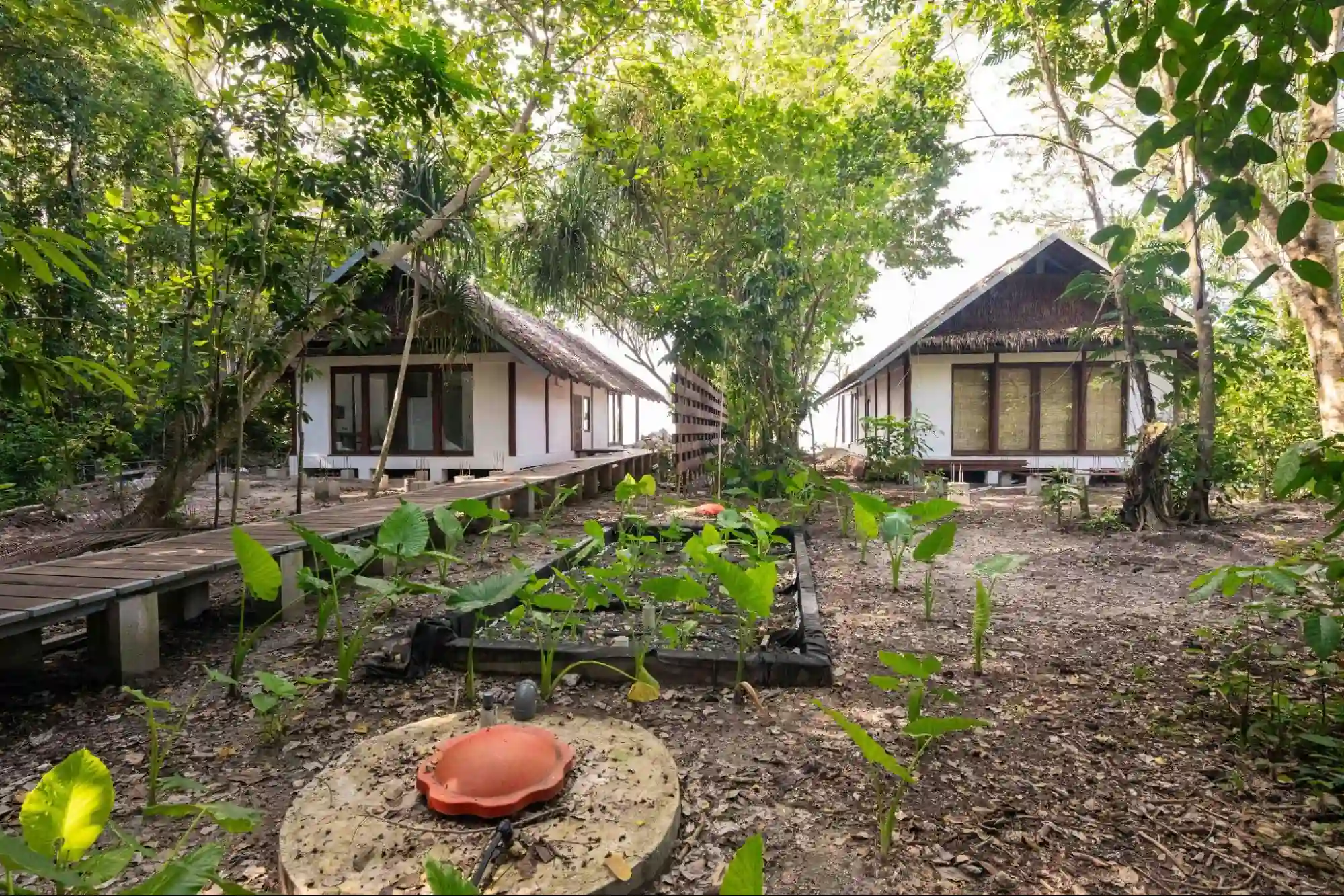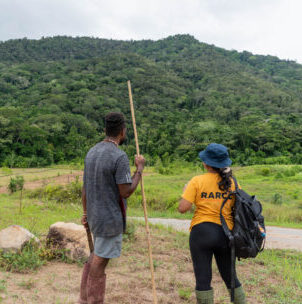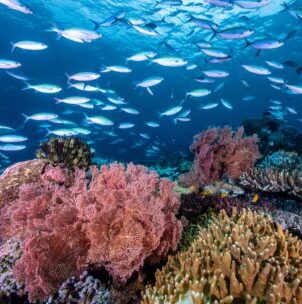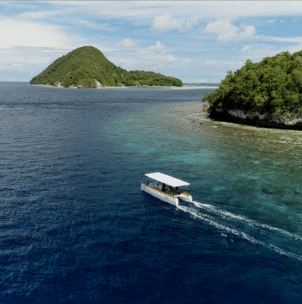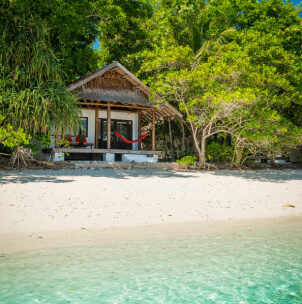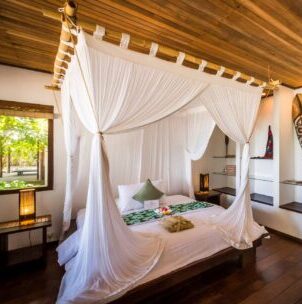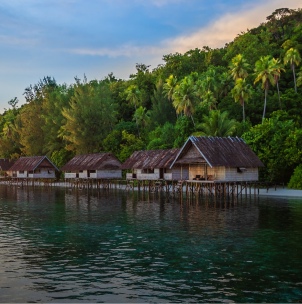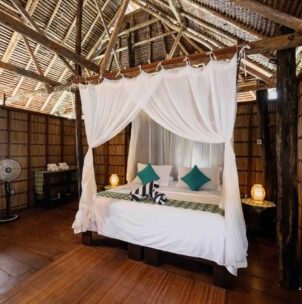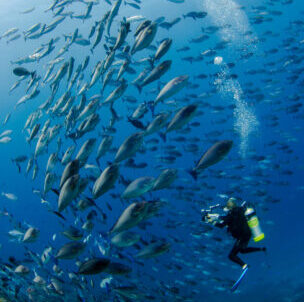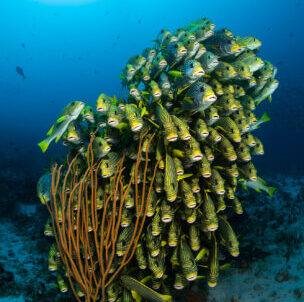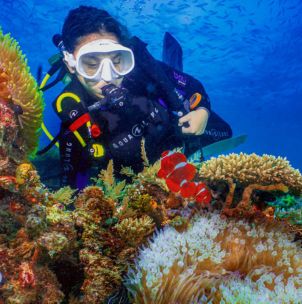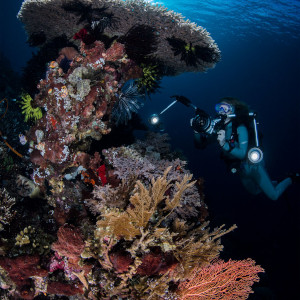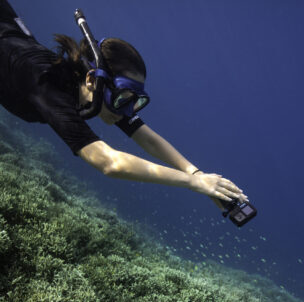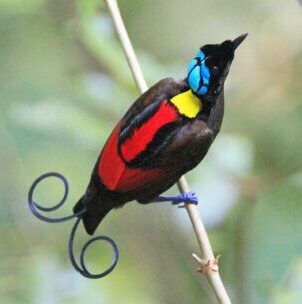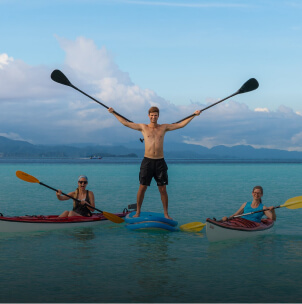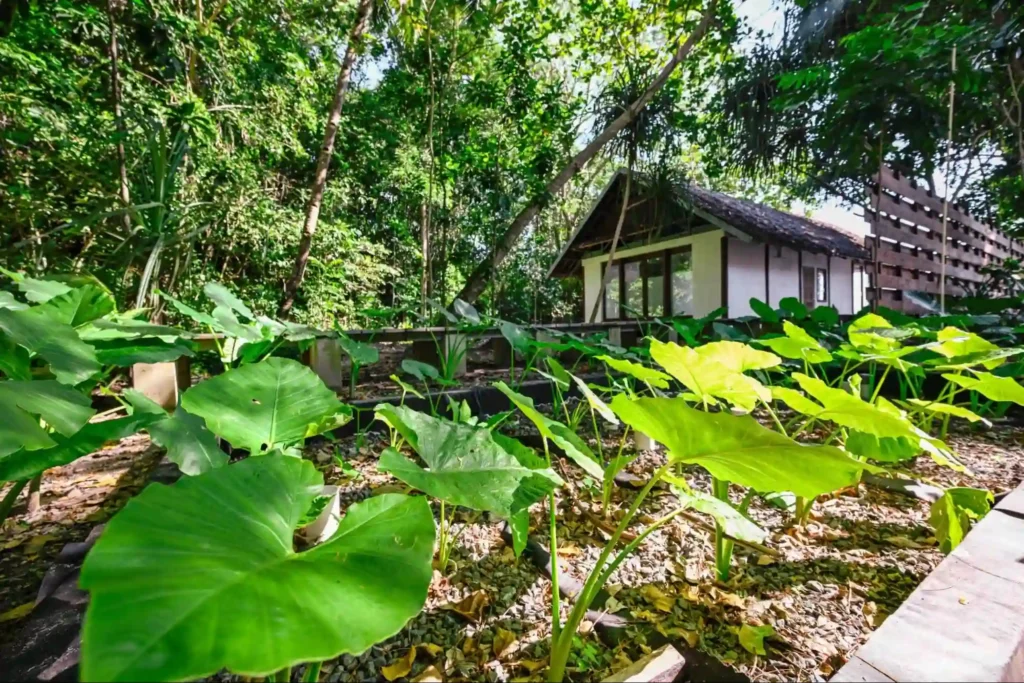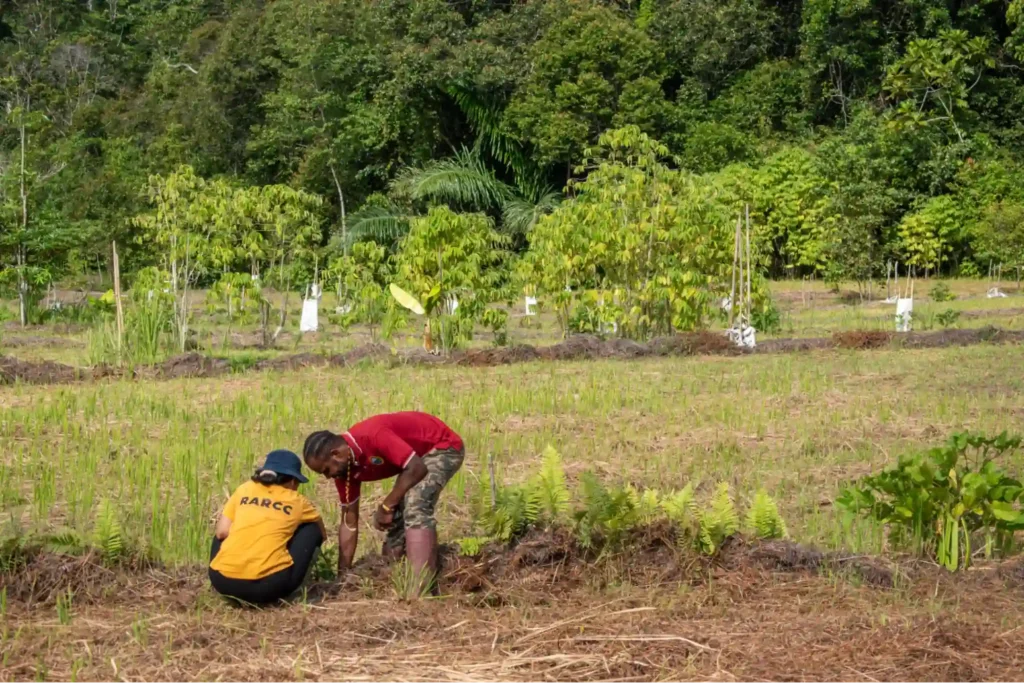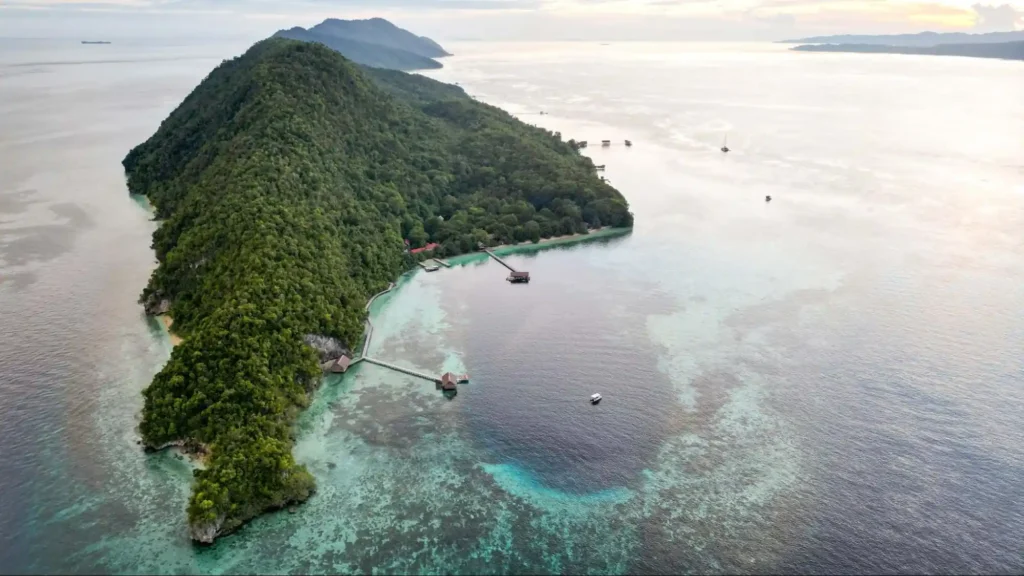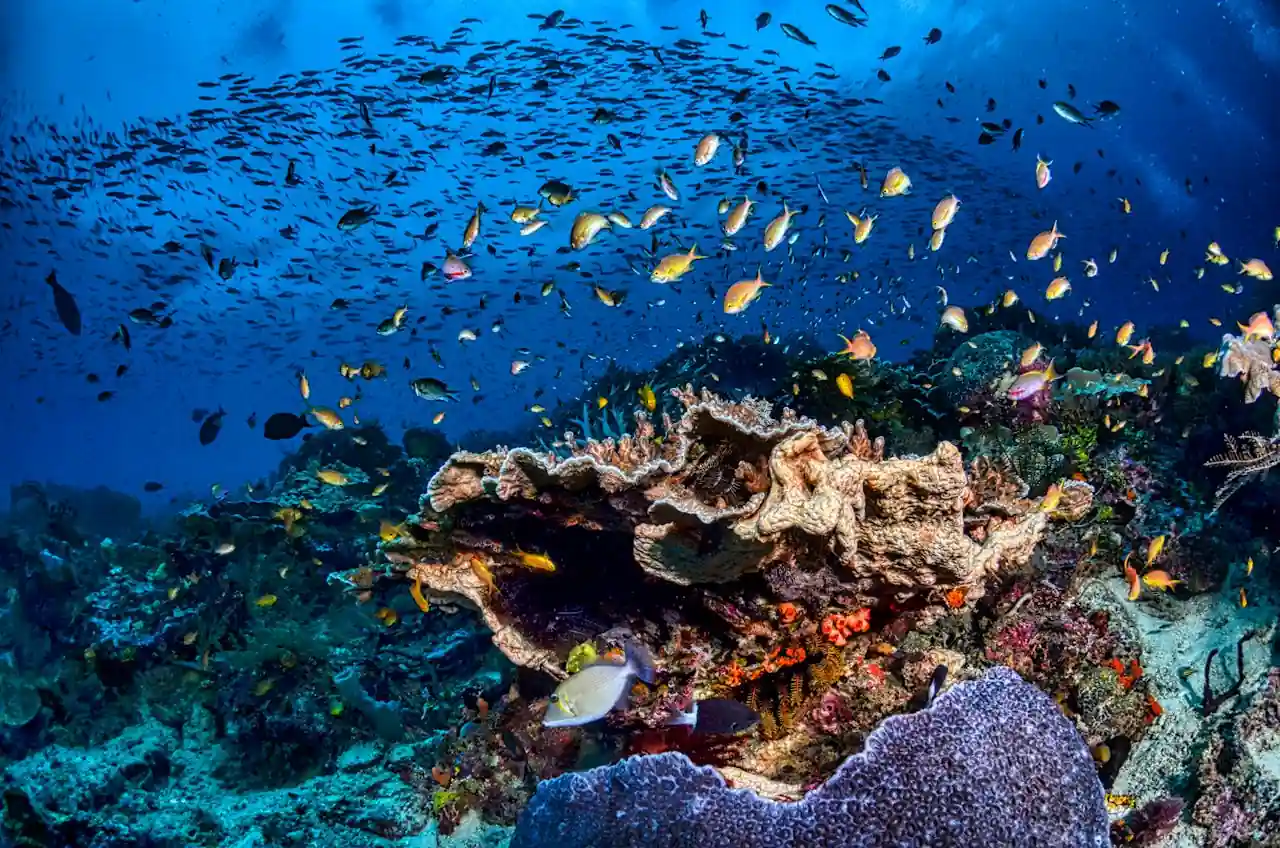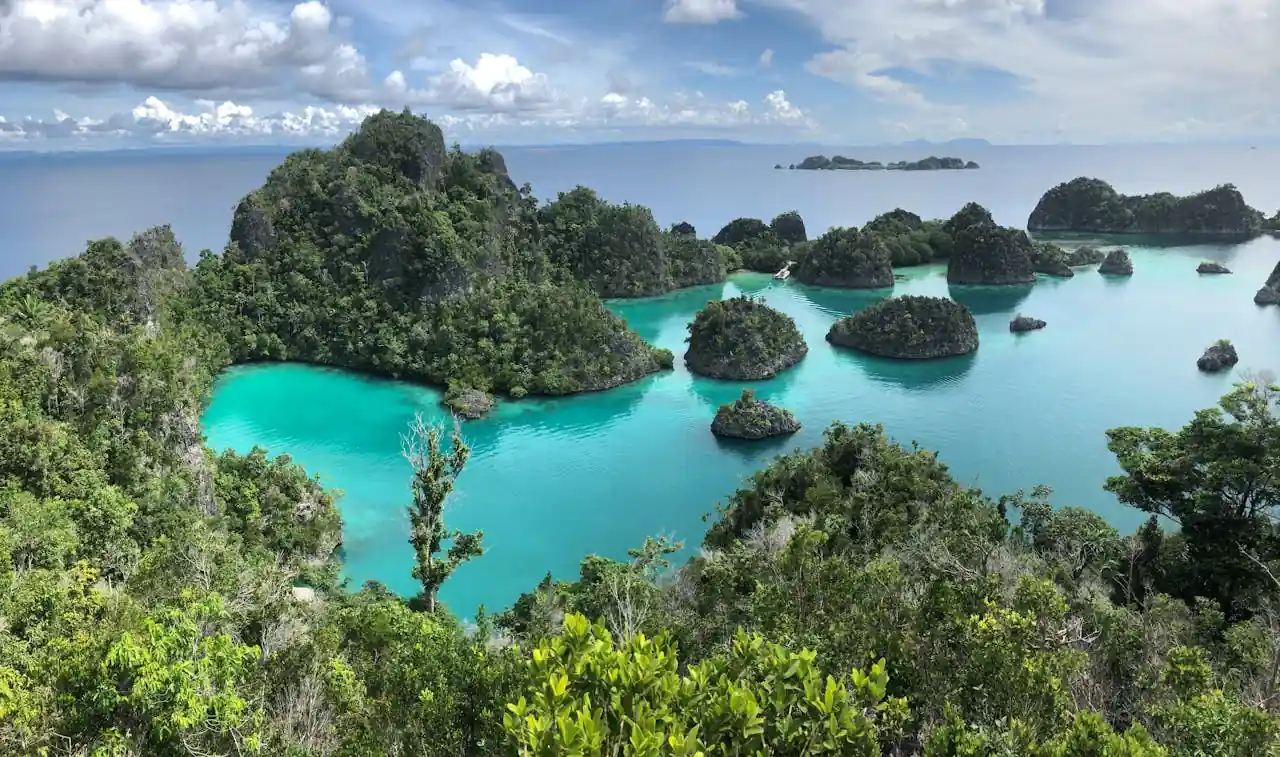Raja Ampat, known for its pristine coral reefs and diverse marine life, faces significant environmental challenges.
With tourism on the rise, the pressure on local ecosystems is increasing. Wastewater management is one of the critical areas that is often overlooked by many remote resorts, especially those in isolated regions like Raja Ampat.
Poorly treated wastewater introduces excess nutrients into the ocean, a process known as nutrification. While the word may sound harmless, the effects are anything but. Nutrient pollution disrupts the balance of reef ecosystems, fueling the growth of algae that can smother coral, deplete oxygen levels, and contribute to ocean acidification.
Combined with rising sea temperatures, this makes coral reefs even more vulnerable to bleaching, disease, and long-term degradation.
At Papua Diving Resorts, we believe that even in remote places, especially in remote places, responsible water management isn’t optional. It’s essential. That’s why we’ve invested in thoughtful, long-term wastewater solutions designed to keep harmful runoff out of the sea.
Our goal is simple: protect what makes Raja Ampat extraordinary, above and below the surface.
While some may see wastewater as an afterthought, we see it as a key part of safeguarding the future of this region. Because while we can't control rising ocean temperatures, we can control how we treat and return water to the environment, and that responsibility starts here.
